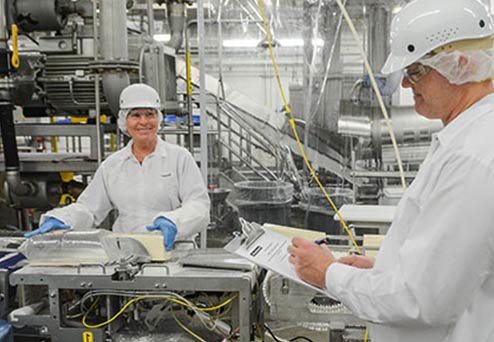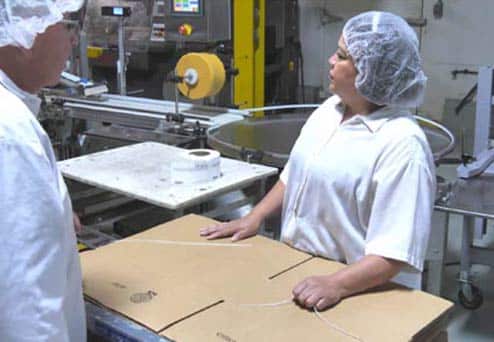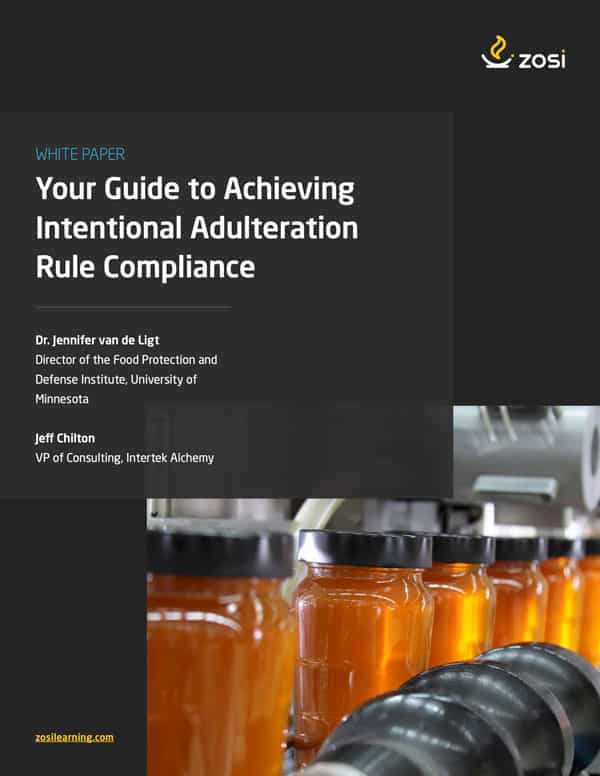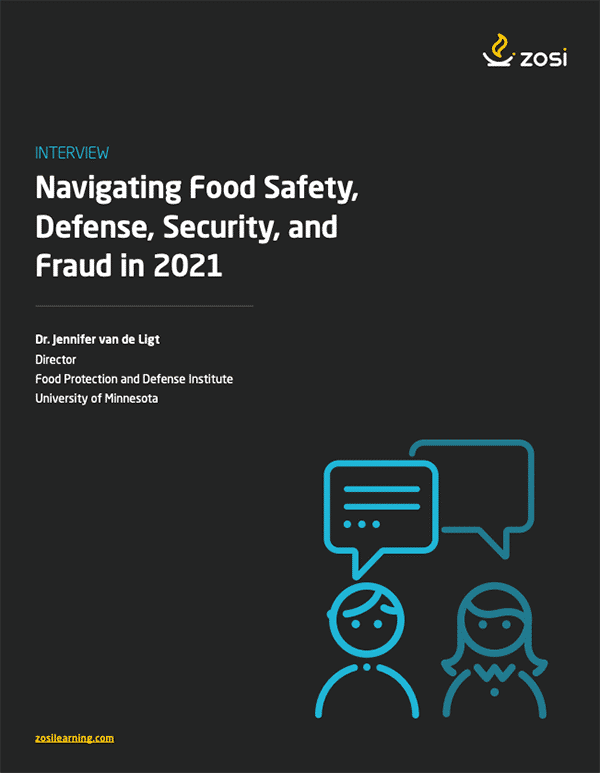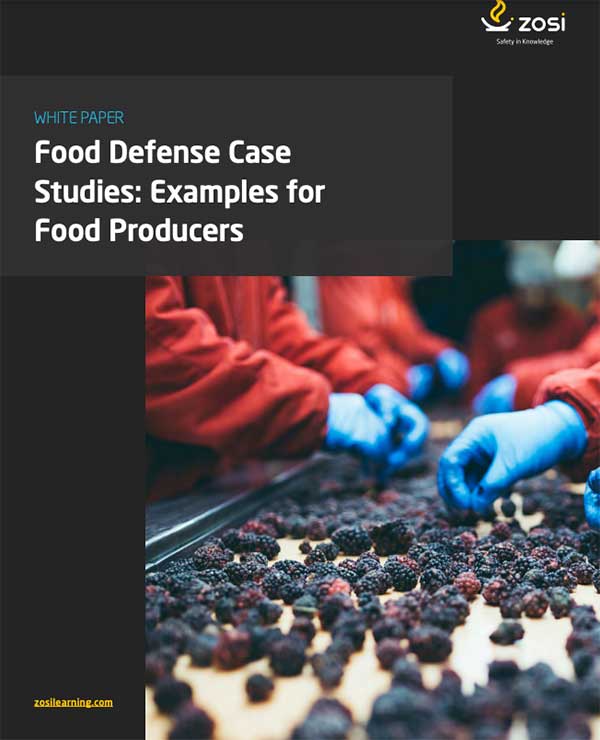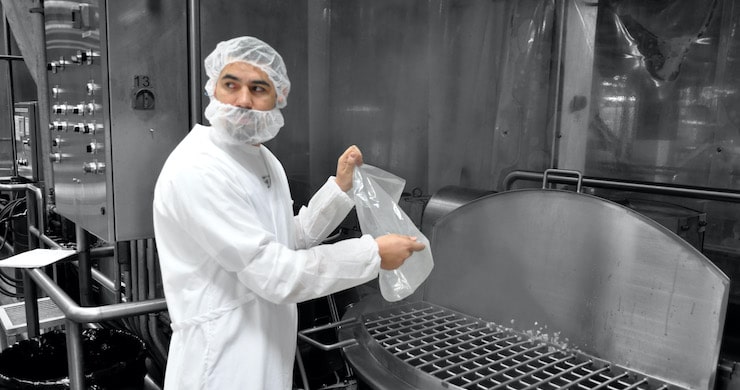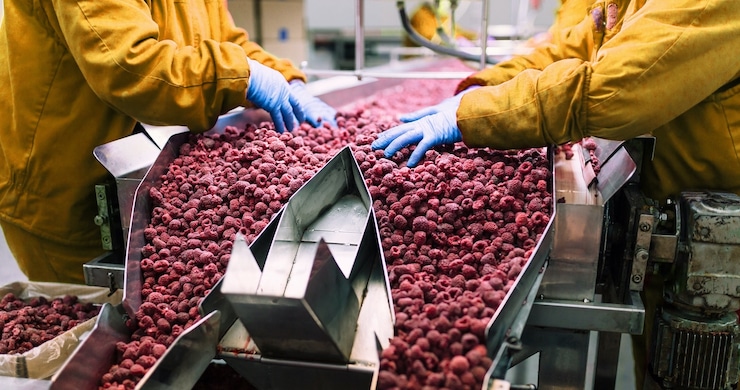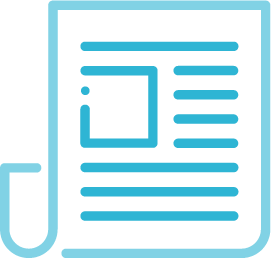
Your Food Defense Online Resource Hub
Jump to:

What is food defense?
Food defense is the protection of food products, and therefore the food supply from acts of intentional adulteration. Every team member has a role to play in their facility’s food defense program. Frontline workers, supervisors, plant managers, food safety managers, production managers, and more must fully understand how to detect, respond, and mitigate food defense threats in their facility.
What is intentional adulteration?
Intentional adulteration refers to when an individual or a group intentionally contaminates a food product. Acts of intentional adulteration are intended to cause wide-scale public health harm and are most commonly carried out by disgruntled employees. The most common food defense threat motivations include terrorism, sabotage, and economically motivated adulteration.
Why do these matter?
Fortifying your food defense system is an integral part of preventing public health harm due to intentional adulteration. Incidents of intentional adulteration not only diminish the integrity of our food supply, but also could spell economic and legal trouble for your business. Food defense threats can lead to a federal investigation, loss of revenue, increase employee turnover, and more. While this concept isn’t new, it is now a part of the FDA’s Food Safety Modernization Act (FSMA) regulations and GFSI scheme requirements (e.g. BRC, SQF, FSSC 22000).
So, how do you mitigate vulnerabilities, preventing intentional adulteration and its repercussions? With trusted food defense training that drives continuous improvement. On this page, you’ll find Zosi white papers, webinars, blogs, and courses to help you along the way.
To learn more about food defense, the purpose of a food defense program, and Food Defense Qualified Individuals (FDQI), click here.
Courses
Food Defense Supervisor Awareness
Get to know the relationship between food defense, food fraud, food safety, and food security le with this online curriculum. You’ll walk away with an improved understanding of the Intentional Adulteration (IA) rule and how to detect vulnerabilities in your food production.


